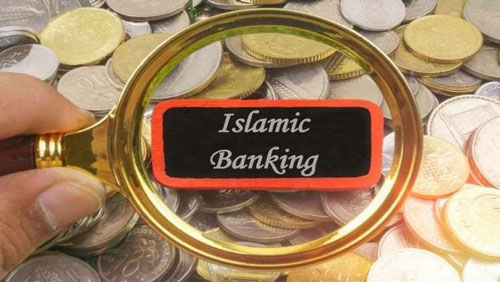Manila
The Philippines Central Bank (BSP) has released a set of guidelines for the country’s Islamic banks and Islamic banking units (IBUs) and approved the Shari’ah Governance Framework (SGF) to ensure compliance with banking requirements as part of a push to foster Islamic finance market growth.
In a memo BSP Deputy Governor Chuchi G. Fonacier said SGF is aligned with the central bank’s corporate governance for the “resilience and stability of the financial system,” and will help ensure that the Islamic banks or IBUs adhere to Shari’ah principles.
According to Fitch Ratings’ analysis the move is a positive step towards the establishment of a cohesive Islamic finance regulatory framework in the country, but any immediate impact will be limited.
“The development of an Islamic finance ecosystem will take time, and we do not expect Islamic banks to take significant market share from the well-established conventional banks over the medium term,” the agency stated in a press-release.
The sector is still quite nascent in the Philippines, with only one prominent player – Al Amanah, a subsidiary of the Development Bank of the Philippines; but the new regulations could allow the sector to compete on an even regulatory playing field.
“If the move is able to support financial inclusion and economic development, particularly in the Autonomous Region in Muslim Mindanao (ARMM), an area with one of the largest Muslim populations in the Philippines, it would be broadly in line with the government’s agenda for inclusive growth.”
Fitch outlines a number of factors that would impact growth of Islamic finance markets in the country, including the extent to which the evolution of the financial ecosystem is aligned with the push to foster Islamic finance and put it on equal footing with conventional banking from regulatory and tax perspectives. That would require introduction of other essential elements of Islamic finance markets, including sharia-compliant insurance and sukuk instruments, as well as setting up of a central sharia board.
“Another important factor will be the ability of banks and other interested stakeholders, including regulators and government, to spread awareness about Islamic finance and build up a cadre of staff with expertise in working and structuring sharia-compliant financial products. Efforts to spread awareness may benefit from the experience many Filipinos have had working in the Middle East, where Islamic banking is widespread.”
Expansion of the tie-ups with other major Islamic finance markets – namely the GCC – will also be crucial in helping to source investment into this market from abroad. This includes potential for cross-border mergers and acquisitions involving FIs from the Gulf, or other key geographies such as Turkey or Morocco.
Despite the potential for better regulation to further develop Islamic banking in the Philippines, we believe the sector’s growth will likely remain constrained by limited funding sources, as well as a lack of public awareness and trust in Islamic financial services, at least in the medium term. Building greater consumer awareness and achieving trust will take time, in our view.—Agencies










